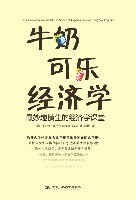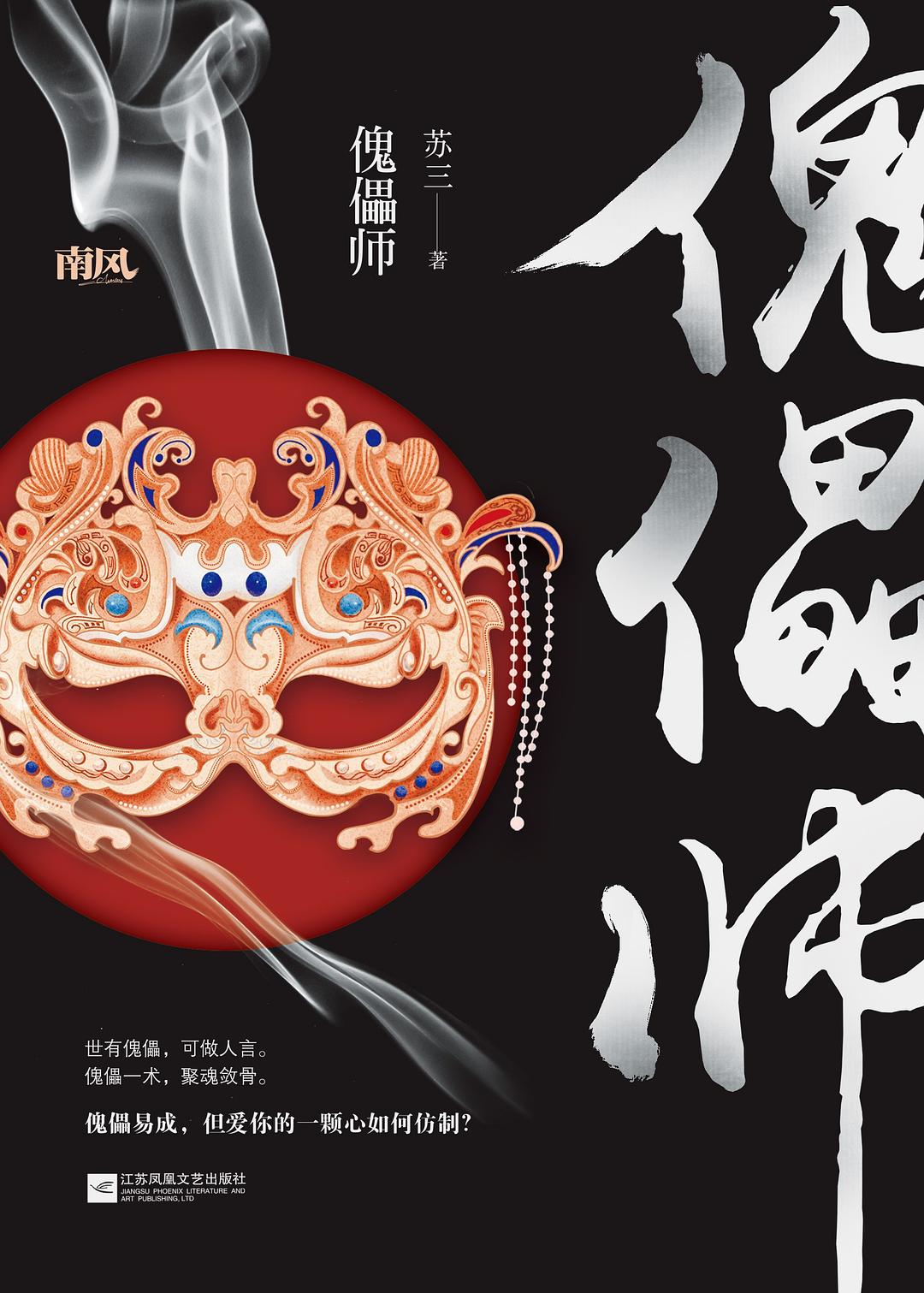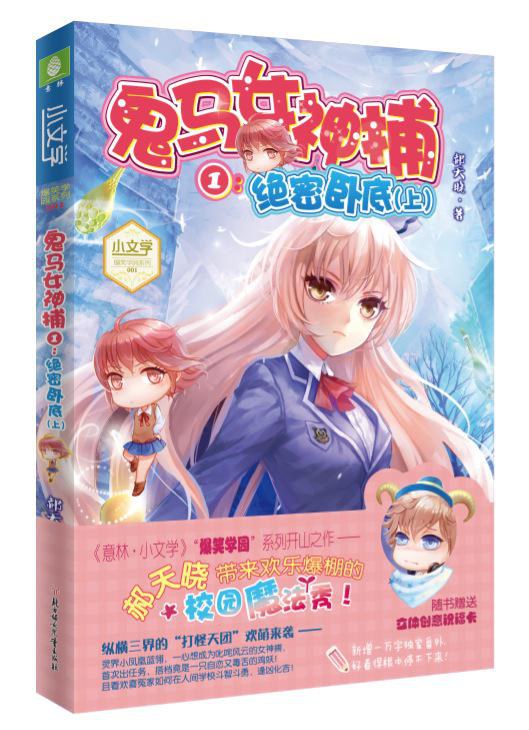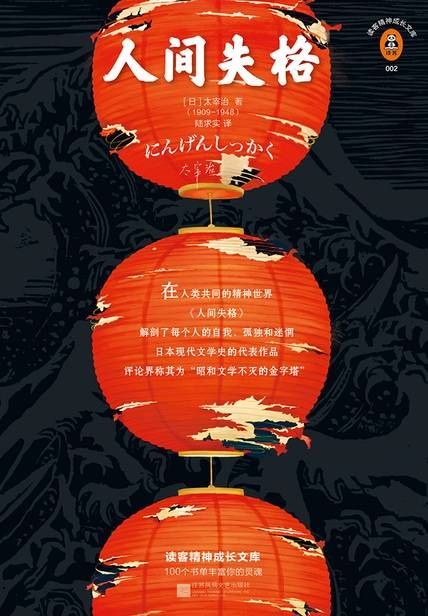
《牛奶可乐经济学》奶可经济:免费花生、昂贵电池
书名:牛奶可乐经济学
1
0

大自然 2023-07-19 11:24:33
A few days ago, I was in London with my parents. We wandered on a street that was full of luxury stores since my mom wanted to buy some fancy bags for her friends. The cost of it there was almost the same as that in China, instead of being much cheaper. After hesitating, the friend gave up the expensive bag because purchasing the bag in London had no advantage over buying it in China.
Then I think of a concept that I learned from this book: the "no cash on the table" principle. In case, it means that the price of a bag in two countries generally will not differ by more than the cost of shipping the stuff from one to the other. A Chanel bag is a highly standardized commodity as the example of gold in the book. If the price differs considerably in the two countries, there would be someone who buys the bag in London at a cheaper price and then resells it in China, which would make good profits for that person. According to the book, this would create a bad condition for some luxury stores in China since people are more likely to buy products abroad.
This was the first time that I applied the economic knowledge in my life, which was quite interesting.
Whats more, I got more detailed examples about the model of supply and demand in this chapter, which I failed to understand in history and politics classes when I was in junior high school.
相关推荐
萤火谷的梦想家
艾莉森•麦吉出生于1960年,是美国《纽约时报》畅销书作家,同时也是大都会州立大学创意写作课的教授。她的作品被翻译成20多种语言并出版,也曾被提名普利策奖,并获得苏斯博士奖金奖、克里斯托弗图书奖、美国 [美]艾莉森•麦吉/[美]克里斯托弗•丹尼斯/绘 2023-03-27 16:50:25鬼马女神捕1·绝密卧底(上)
腹黑凤凰vs毒舌鸡妖——蓝翎:“小姬,跟我去人界吧!”姬十四:“干吗?让人宰了我做小鸡炖蘑菇吗?”蓝翎:“不啊,让妖怪宰了你做小鸡炖蘑菇更气派。”凤凰蓝翎和鸡妖姬十四生活在无忧无虑的灵界。他们的故乡叫 郝天晓 2023-04-17 00:22:47© 2023-2025 百科书库. All Rights Reserved.












发表评价